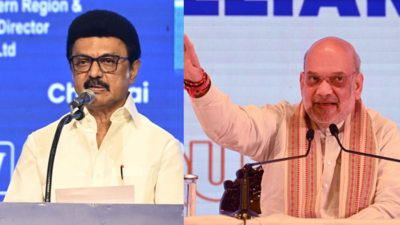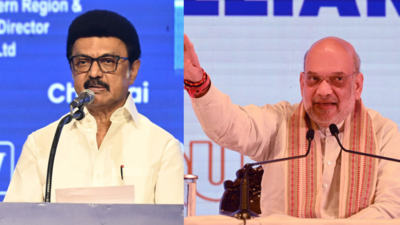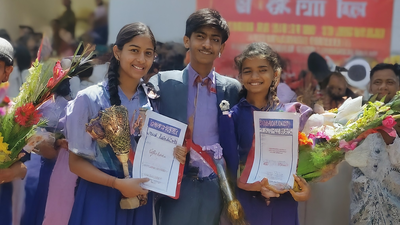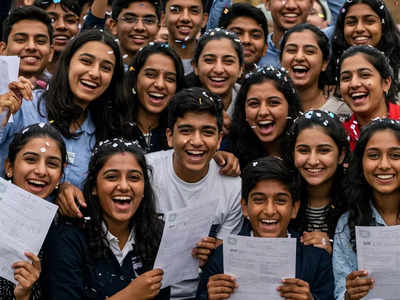‘Tamil Nadu will never yield to Delhi’s administration’: MK Stalin’s ‘challenge’ for Amit Shah

NEW DELHI: Tamil Nadu chief minister MK Stalin on Friday hit out at the central government, asserting that the state would never bow to the authority of New Delhi. Reaffirming the state’s independent political stance, Stalin said “Tamil Nadu will never yield to Delhi’s administration“.
“Union Minister Amit Shah says they will form a government here in 2026. I challenge him – Tamil Nadu will never yield to Delhi’s rule. That may work elsewhere through party poaching and raids, but not here. This formula won’t work in Tamil Nadu,” Stalin declared at a rally in Tiruvallur.
He also questioned Union home minister Amit Shah on key issues affecting the state, including the Neet examination and language imposition. “Can Amit Shah guarantee an exemption from Neet? Can he promise that Hindi will not be imposed? Has the Centre provided special funds to Tamil Nadu? Can he assure that delimitation won’t reduce our parliamentary seats?” Stalin asked.
Responding to recent controversial remarks by Union Minister Dharmendra Pradhan, who called the Tamil Nadu government “dishonest” and its people “uncivilised,” Stalin said such attempts to divide the state through political rhetoric would fail. “Even the Prime Minister in Odisha made disparaging remarks about Tamilians. These tactics won’t work here. Tamil Nadu cannot be divided through politics,” he said.
Earlier this week, Stalin had intensified his campaign for greater autonomy for Tamil Nadu, following repeated clashes between the DMK government and Governor RN Ravi over pending legislation. On April 15, he moved a resolution in the state assembly to form a high-level committee tasked with recommending ways to enhance the state’s powers and reclaim its rights.
The committee, headed by former Supreme Court Justice Kurian Joseph, will include retired IAS officer Ashok Vardhan Shetty and scholar Mu Nagarajan. It is expected to submit an interim report by January 2026 and a final report within two years, with a focus on strengthening state–Centre relations.





